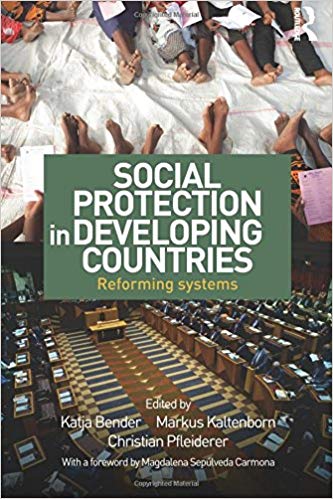Have Cash Transfers Succeeded in Reaching the Poor in Latin America and the Caribbean?
By Marcos Robles, Marcela G. Rubio, Stampini Marco We present novel estimates of the quality of targeting of conditional cash transfer (CCT) and non-contributory pension (NCP) programs in Latin-America and the Caribbean. Our contribution is novel in that we use both national and international poverty lines, provide differentiated estimates for urban and rural areas, and compare CCT and NCP programs. We show that leakage to the non-poor coexists with pervasive under-coverage of all poor, including the extreme poor. On average,...










